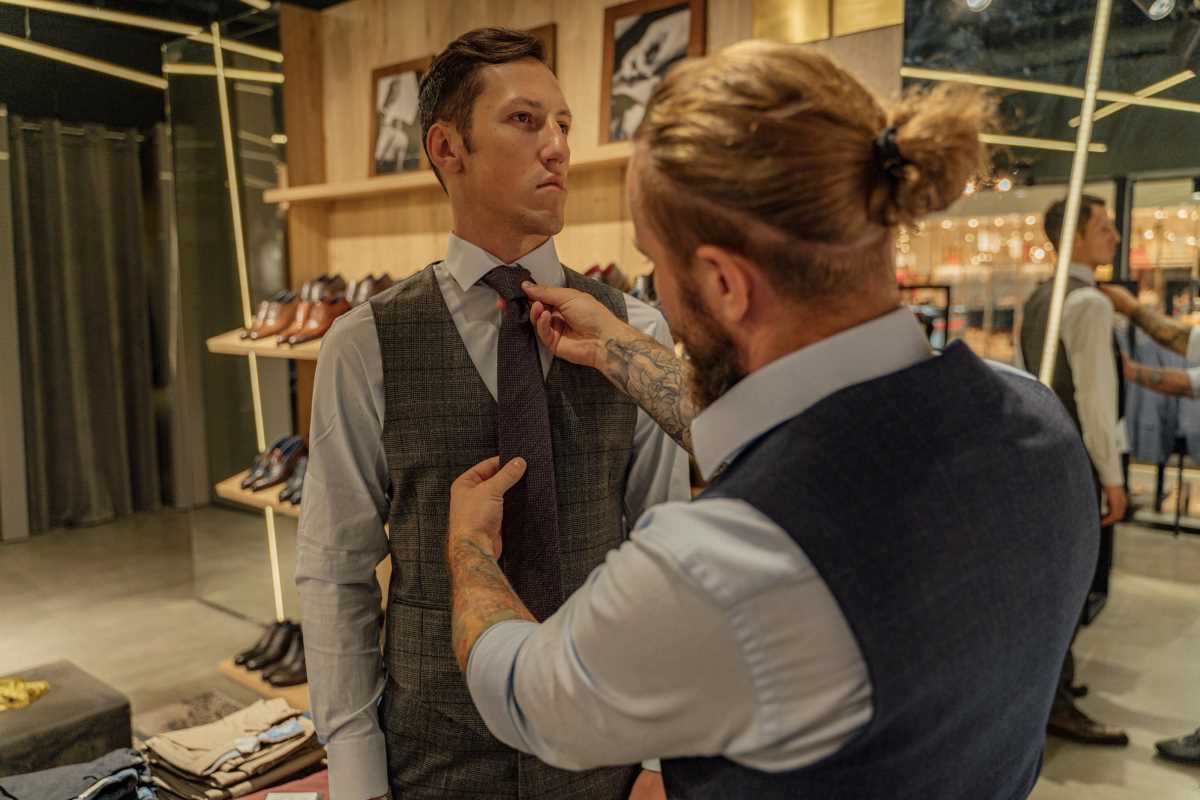Sustainable fashion design has emerged as a pivotal movement within the fashion industry, addressing the environmental and ethical challenges that traditional practices often overlook. As consumers become more conscientious about the origins and impacts of their clothing, the demand for sustainable alternatives continues to rise. This shift not only reflects changing consumer values but also signifies a broader commitment within the industry to embrace practices that promote long-term ecological balance and social responsibility.
The significance of sustainable fashion design extends beyond environmental preservation. It encompasses a holistic approach that includes ethical labor practices, responsible sourcing of materials, and innovative design techniques that minimize waste. By integrating these principles, sustainable fashion designers contribute to a more resilient and equitable industry, setting new standards for quality and accountability.
Educational Pathways
Embarking on a career in sustainable fashion design requires a solid educational foundation that combines creativity with technical and environmental knowledge. Various degrees and certifications can prepare aspiring designers for this specialized field:
- Bachelor of Fine Arts (BFA) in Fashion Design: Provides comprehensive training in design principles, fashion illustration, and garment construction.
- Bachelor of Science (BS) in Sustainable Design: Focuses on eco-friendly materials, sustainable manufacturing processes, and environmental impact assessment.
- Certificate Programs: Short-term courses in sustainable fashion practices, ethical sourcing, and circular fashion models.
- Master's Degrees: Advanced studies in sustainable fashion strategies, innovation in textile development, and leadership in sustainable initiatives.
Essential Skills for Success
To thrive in the competitive field of sustainable fashion design, professionals must cultivate a diverse set of skills and competencies:
- Design Expertise: Proficiency in fashion design software, pattern making, and garment construction techniques.
- Environmental Awareness: Understanding of sustainable materials, lifecycle analysis, and eco-friendly production methods.
- Creative Problem-Solving: Ability to innovate and develop solutions that balance aesthetic appeal with sustainability goals.
- Business Acumen: Knowledge of market trends, brand development, and sustainable business models.
- Communication Skills: Effectively conveying sustainability initiatives and collaborating with diverse stakeholders.
Career Opportunities and Roles
The field of sustainable fashion design offers a variety of career paths, each contributing uniquely to the industry's transformation. Designers can specialize in creating eco-friendly apparel, developing sustainable textiles, or implementing circular economy principles within brands. Opportunities extend to roles such as sustainability consultants, responsible sourcing managers, and eco-friendly product developers. Additionally, professionals may find positions within non-profit organizations advocating for ethical fashion practices or within corporate settings leading sustainability initiatives.
Entrepreneurial ventures also play a significant role, with many sustainable fashion designers launching their own brands focused on transparency, ethical labor, and environmental stewardship. These independent designers often pioneer innovative approaches to sustainable fashion, setting benchmarks that influence larger industry practices.
Industry Trends and Market Outlook
The landscape of sustainable fashion design is continually evolving, driven by advancements in technology, shifting consumer preferences, and regulatory developments. Current trends include the adoption of regenerative materials, the integration of digital technologies such as 3D printing and virtual prototyping, and the rise of resale and rental platforms that promote a circular fashion economy.
Looking ahead, the market outlook for sustainable fashion design remains optimistic. Increased investment in sustainable technologies, greater consumer awareness, and supportive policies are expected to drive growth within the sector. As the industry moves towards more sustainable practices, the demand for skilled professionals who can bridge the gap between fashion and environmental responsibility is likely to expand, offering abundant opportunities for those entering the field.
Resources for Aspiring Designers
Building a career in sustainable fashion design is facilitated by accessing a variety of resources that provide education, networking, and practical tools:
- Educational Institutions: Universities and colleges offering specialized programs in sustainable fashion.
- Online Courses: Platforms like Coursera and Udemy provide courses on sustainable design principles and practices.
- Professional Associations: Organizations such as the Sustainable Fashion Academy offer networking opportunities and industry insights.
- Industry Publications: Journals and magazines that focus on sustainability trends and innovations in fashion.
- Workshops and Conferences: Events that provide hands-on learning experiences and opportunities to connect with industry leaders.
Engaging with these resources can enhance knowledge, build professional networks, and stay updated on the latest developments in sustainable fashion. Additionally, internships and volunteer opportunities with sustainable brands can provide practical experience that is invaluable for career advancement.
In summary, establishing a career in sustainable fashion design involves a combination of specialized education, essential skills development, and proactive engagement with industry opportunities and trends. Aspiring designers are encouraged to pursue relevant educational pathways, hone their competencies, and leverage available resources to navigate the evolving landscape of sustainable fashion. Embracing this career path not only offers fulfilling professional prospects but also contributes to a more responsible and enduring fashion industry.
 (Image via
(Image via





